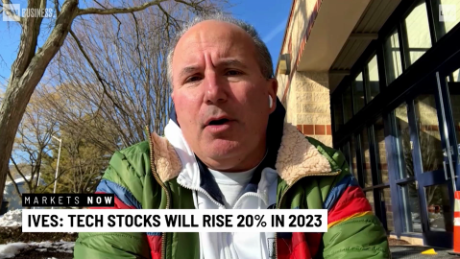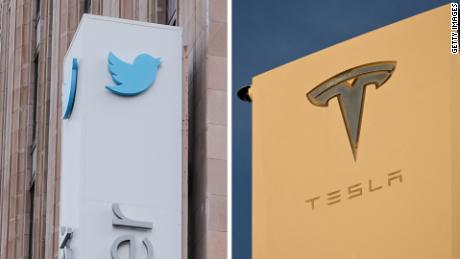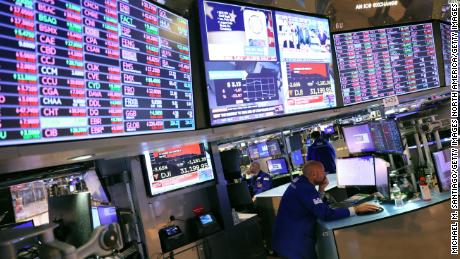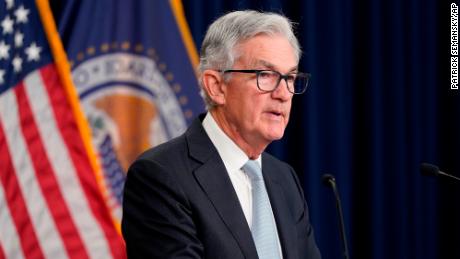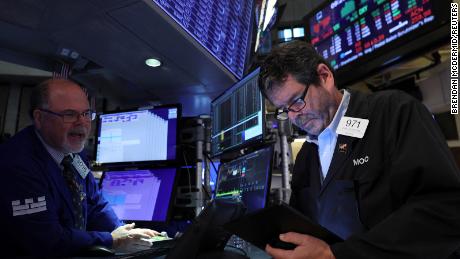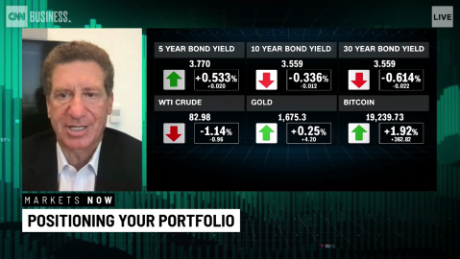New York (CNN Business)If you had said at the start of 2020 that the economy would shut down, the unemployment rate would skyrocket and earnings would plunge due to a highly contagious and lethal virus and we'd still end the year with stocks near all-time highs, people would think you were crazy.
Heading into 2021, investors are optimistic about stimulus from the incoming Joe Biden administration, more help from the Federal Reserve, relief as Covid-19 vaccines are administered to millions and ŌĆö most hopefully ŌĆö a return to some kind of normal.
There's no guarantee that this scenario will play out. Stocks have gone up so much this year that all of 2021's good news may be priced in and then some. It could be harder for stocks to keep climbing.
The Dow, S&P 500, Nasdaq and Russell 2000 all hit new record highs on Friday. The S&P 500 is up nearly 15% this year while the Nasdaq has soared an astonishing 40%.
Still, that trajectory may not continue.
"The market has priced in a recovery from Covid-19 to some extent and a new peak in earnings. If the world doesn't return to normal investors will be disappointed," said Brad Neuman, director of market strategy with Alger, in an interview with CNN Business.
All the good news for next year already priced in?
Expectations for a profit rebound in 2021 are now sky high. According to estimates compiled by FactSet, analysts are forecasting a more than 15% increase in year-over-year earnings for the first quarter, a nearly 45% jump for the second quarter and 22% rise for all of 2021.
Those projections may be unrealistically bullish, said Barry Bannister, head of institutional equity strategy with Stifel. Bannister told CNN Business that his earnings forecasts for 2021 are 11% below Wall Street's consensus estimates ŌĆö which also put earnings below pre-coronavirus levels in 2019.
Bannister is concerned that investors may be underestimating the possibility that Congress and the new Biden administration may disagree on the size of future stimulus relief. Gridlock could make it even more crucial for the Fed to continue backstopping the economy and market.
"It is not in the interest of the Fed to keep being the first responder, because the danger is they are the only responder if dysfunctional fiscal policy continues," Bannister said.
Investors also appear to be betting that multiple Covid-19 vaccines will be widely available in 2021 ŌĆö and that enough people will get them in order to create a much-needed herd immunity to coronavirus. That may be a tall order.
"The vaccine is great news. But how will the average person get it? What if there is a problem with logistics and the supply chain?" asked JJ Kinahan, chief market strategist with TD Ameritrade.
"There is a disconnect about whether expectations can live up to reality in 2021. That's why there could be some skittishness about consumer stocks," Kinahan added.
Kinahan noted that companies like Disney (DIS) and Starbucks (SBUX) ŌĆö as well as the big airline and cruise companies ŌĆö are at risk for another pullback. Those are among the stocks that individual TD Ameritrade investors have been selling United (UAL) and Delta (DAL) lately, he said.
"Hopefully, we're all back in our offices by this time next year. But business travel may not come back anytime soon. International trips aren't on anyone's radar," Kinahan added.
With all that in mind, Stifel's Bannister said he expects stocks to trade sideways next year.
Alger's Neuman is slightly more optimistic. The weak US dollar should help boost profits for large multinational companies, especially the big tech stocks that have propped up the market for the past few years
But Neuman is not calling for the current gangbusters stock rally to continue at this pace for much longer.
"We are now in a lower return environment going forward," he said, adding that investors should expect annual stock market gains in the mid-single digits as opposed to double digits.



